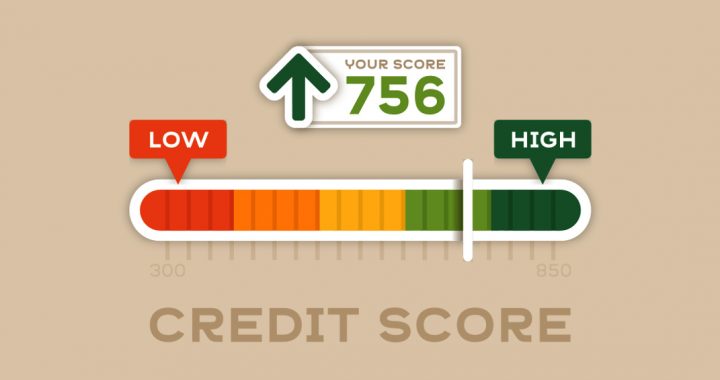Number of Borrowers seeking Moratorium on Retail Loan drops and so does new Approval rates!
3 min readRetail Loans constitute the large number of loans sanctioned by banks and NBFCs (Non Banking Finance Companies). Generally smaller in value, the EMIs are smaller with less tenure extending up to 5 years. With RBI announcing a 6-month moratorium on all loans amid Cornonavirus crisis, there was a fear gripping the Banking sector that majority of the loans would go under moratorium.

The volume of Retail loans in India subject to moratorium is dropping, suggesting that fears about large-scale defaults on banks’ retail lending books may be overblown. Though it is too early to get into the numbers since there is allowance to avail moratorium for two more months till August 31st, 2020.
Going through the numbers so far, At HDFC, the proportion of retail loan book subject to deferral fell to 7% as of June 15 from 21% in May. Also, SBI has informed that the Mudra loan books have been stabilized with NPAs (Non Performing Assets) standing at 15%.
The Reserve Bank of India (RBI) has allowed borrowers to delay monthly payments on their loans until the end of August, to provide some relief from a prolonged lock down that has shuttered businesses and left millions jobless.
The key reason for the decline in loans subject to moratorium was the greater clarity on the additional liability borrowers will face. Also, some banks have switched from an “opt-out” to an “opt-in” policy with the loans, it added.
Under the new arrangement, borrowers have to request the payment deferral, rather than being automatically included unless they opt out. Another factor is the lower rate of job losses among white-collar staff than had been feared, which showed through in the salary payments into their bank accounts.
With the accounts under Moratorium decreasing, the approval rates have dipped following the Job losses and salary cuts. The banks have tightened loan approval process in order to avoid future loan defaults.
This is an indication of economic recovery and with policy tightening, banks have been avoiding future consequences.
Source: Livemint








